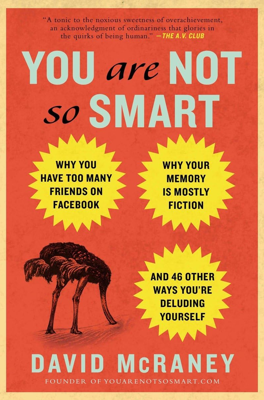The Third Person Effect
Misconception vs. Truth
Misconception:
You believe your opinions and decisions are based on experience and facts, while those who disagree with you are falling for the lies and propaganda of sources you don’t trust.
Truth:
Everyone believes the people they disagree with are gullible, and everyone thinks they are far less susceptible to persuasion than they truly are.
The Third Person Effect Explained
- Definition: The third person effect is the belief that other people are more influenced by media messages and propaganda than we are.
- Perception: People see themselves as resistant to persuasion but think others are easily swayed.
Studies and Findings
- Historical Context: W. Phillips Davison coined the term "third person effect" in 1983.
- Meta-Analysis: Richard M. Perloff and Bryant Paul found the third person effect is stronger when people already have negative opinions of the source or the message.
- Self-Perception: Most people believe they are not like the majority and are personally immune to persuasive messages.
Examples of Third Person Effect
- Advertising: People think fast food ads target others with less self-control until they find themselves making choices based on those ads.
- Public Service Announcements: Assumed to be for other people, but individuals may still feel guilty engaging in the warned behaviors.
- News Consumption: Individuals believe their news sources cater to independent thinkers while they view others as influenced or manipulated.
Psychological Mechanisms
- Self-Serving Bias: This effect connects to the self-serving bias, where people see themselves as better and smarter than others.
- Censorship: The third person effect can lead to support for censorship, as people believe certain messages need to be controlled to protect more impressionable or gullible minds.
Counteracting the Third Person Effect
- Imagine which messages people on the other side might think are brainwashing you.
- Contemplate whether those messages should also be censored, fostering a more balanced view on media influence and censorship.
